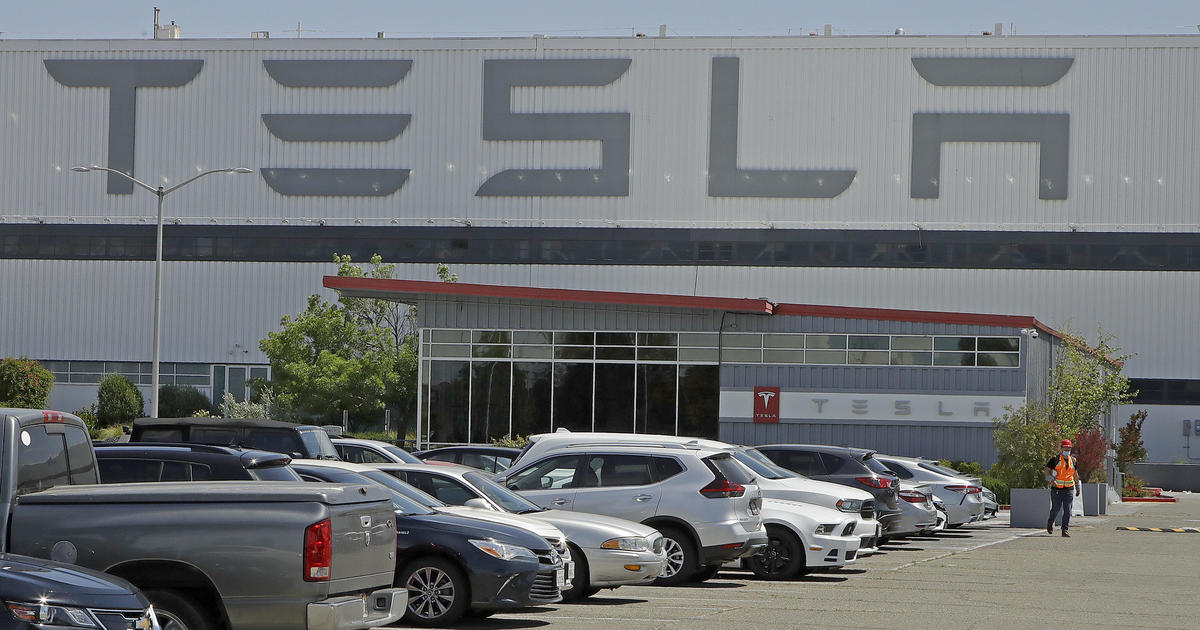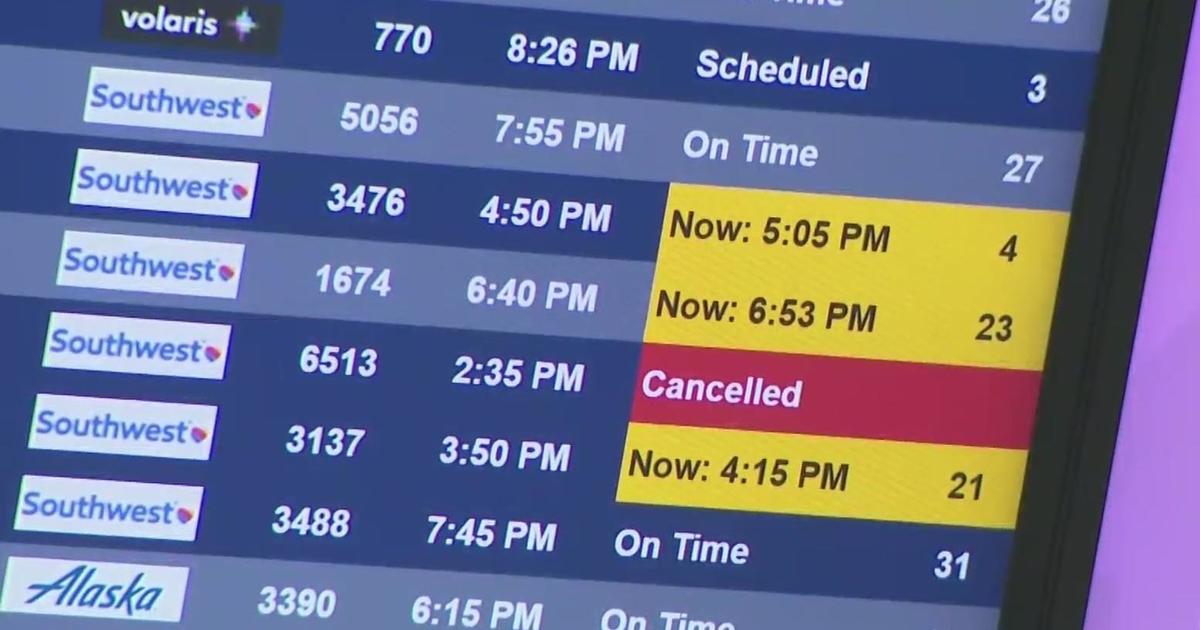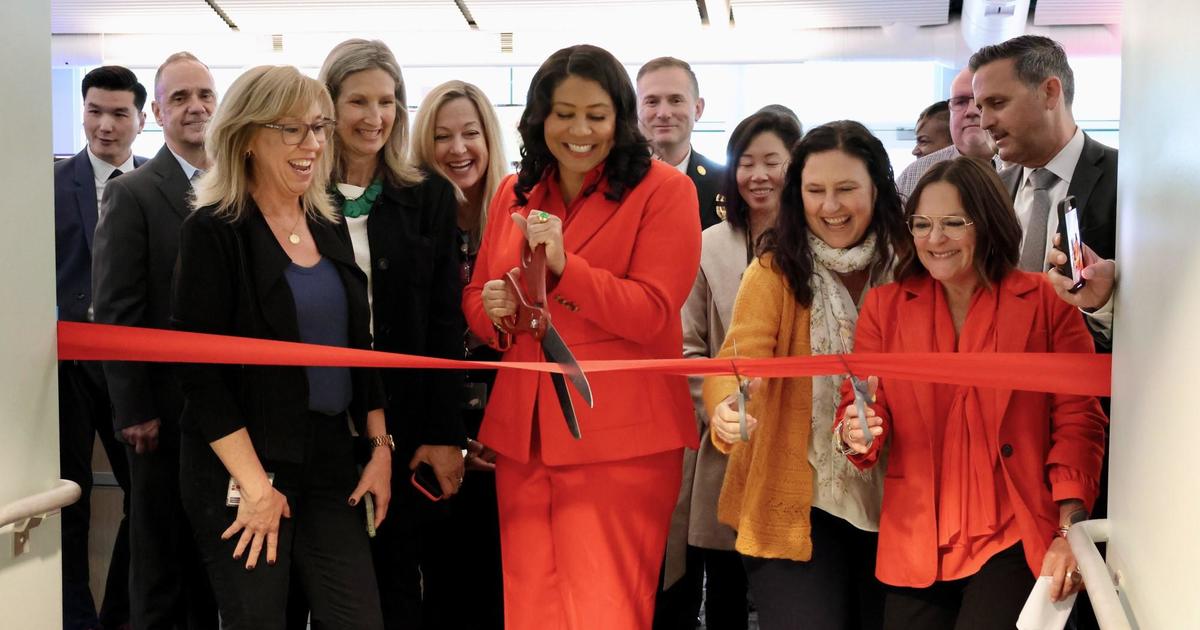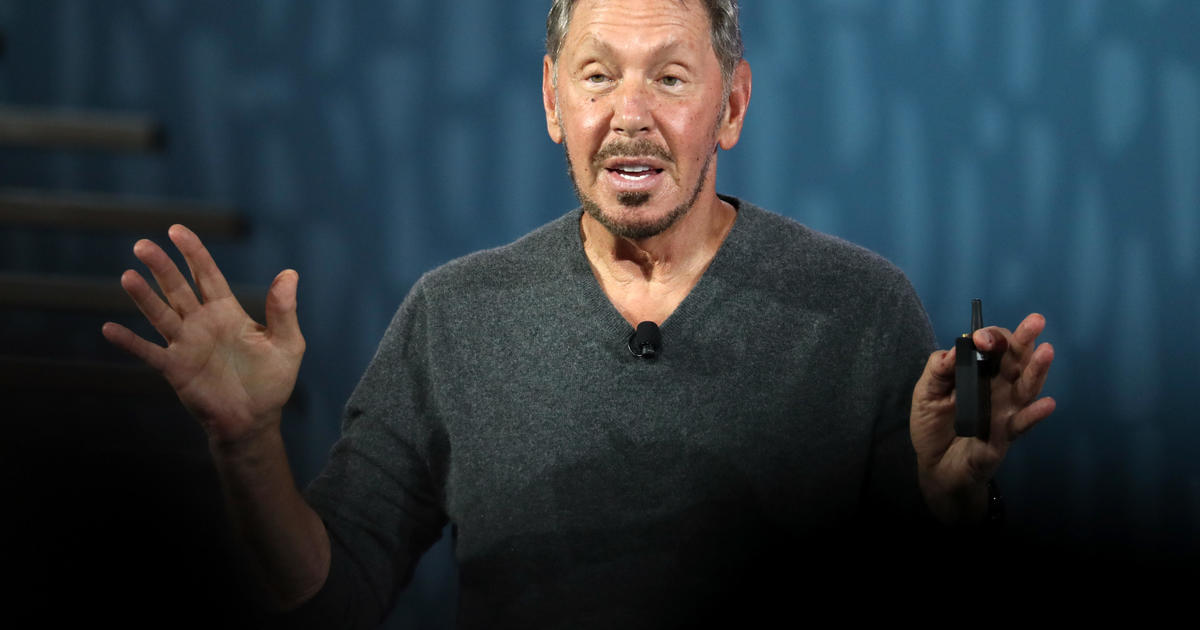Proposition 21 Would Fund State Parks Through Vehicle Fees
LOS ANGELES (AP) -- State park advocates hope to leverage one California passion—driving—to support another—the great outdoors—with a fee on vehicle registrations to fund a park system in danger of decline.
But the idea's detractors are trying to derail it with the help of another signature California preoccupation: antipathy toward taxes.
Voters in November will decide whether to support a ballot initiative that would add $18 to their annual vehicle registration fees to provide a steady stream of cash to the state's parks system, which has seen its budget cut amid California's persistent budget deficits.
In exchange for the new fee, which would raise about $500 million each year, California drivers would no longer have to pay park day-use fees, which range from $10 to $15.
Supporters say the new annual fee will help restore the park system, which encompasses old-growth redwoods, sun-bleached deserts and sprawling historic estates, to its former glory.
The effort is being funded primarily by conservation groups, such as the Nature Conservancy of California. Other supporters include regional film commissions, which depend on park access for location shoots and the tourism industry, which foresees fewer visitors to the state's restaurants and hotels if parks close or deteriorate.
"The state's continuing budget crisis has continued for decades to shortchange our state parks and natural lands," Nature Conservancy Executive Director Mike Sweeney said. "These are one of the most important assets California has going for it in terms of our tourist economy and our quality of life."
Critics, however, are portraying the initiative as a sneaky way of foisting a burdensome tax on unsuspecting Californians.
"It's a tax on motorists for a totally unrelated service," said Kris Vosburgh, executive director of the Howard Jarvis Taxpayers Association, which is among the groups opposing the measure. "Why is a single mom in Modesto paying a higher car tax for parks she's unlikely to ever use?"
Parks have been on a tenuous footing in recent years as the recession has led to a steep decline in state revenue and have narrowly escaped massive cuts on several occasions.
Last year, Gov. Arnold Schwarzenegger proposed shutting down 220 state parks before revising his proposal. Many parks now have reduced operating hours, are open fewer days and have delayed maintenance.
The closures were avoided through a one-time budget maneuver, but other funding cuts have left the parks system in dire condition, said Elizabeth Goldstein, president of the California State Parks Foundation, another of the measure's main backers.
Sixty parks were partially closed over the last year, with another 90 suffering service reductions, resulting in leaky roofs and unkempt trails throughout the state, she said.
Unpaid debts have prompted one contractor to stop providing toilet paper to some park restrooms, while the bathrooms at Carmel River State Beach were shut down completely because of an unpaid water bill, Goldstein said.
"Having a reliable, steady funding stream is absolutely essential," she said. "It means you can plan to do a repair next year and know you'll get to do it. What's going on right now is you don't know if money will be available for an ongoing effort."
But even if voters can be convinced the parks are in need, proponents may have a tough time selling voters on an additional vehicle fee, said Mark Petracca, chairman of the political science department at the University of California, Irvine.
Anger over a higher vehicle fee was part of what led to the recall of former Gov. Gray Davis. When Schwarzenegger replaced him, one of the first things he did to curry favor with the public was to reverse those fees.
"Is that a mechanism that's going to appeal to people? Probably not. This is California. People associate driving with a kind of right of mobility," Petracca said. "If you lived in another part of the country, it would be the equivalent of taxing your gun."
Rob Stutzman, a consultant on the No on Prop. 21 campaign, said his group doesn't have an advertising budget and is promoting its views through outreach to newspaper editorial boards.
His campaign has raised just $25,000, all of it from the Alliance of Automobile Manufacturers, according to state records.
Proponents, meanwhile have raised some $5.2 million, according to state records, some of which went to fund the signature-gathering campaign that got the initiative on the ballot.
Goldstein said her coalition plans a series of TV, Internet and print advertisements to persuade Californians that the fee would be worth it.
"Whether it's a vehicle license fee or some other mechanism, the point is that California state parks is what California is all about," she said.
(© 2010 The Associated Press. All Rights Reserved. This material may not be published, broadcast, rewritten or redistributed.)



